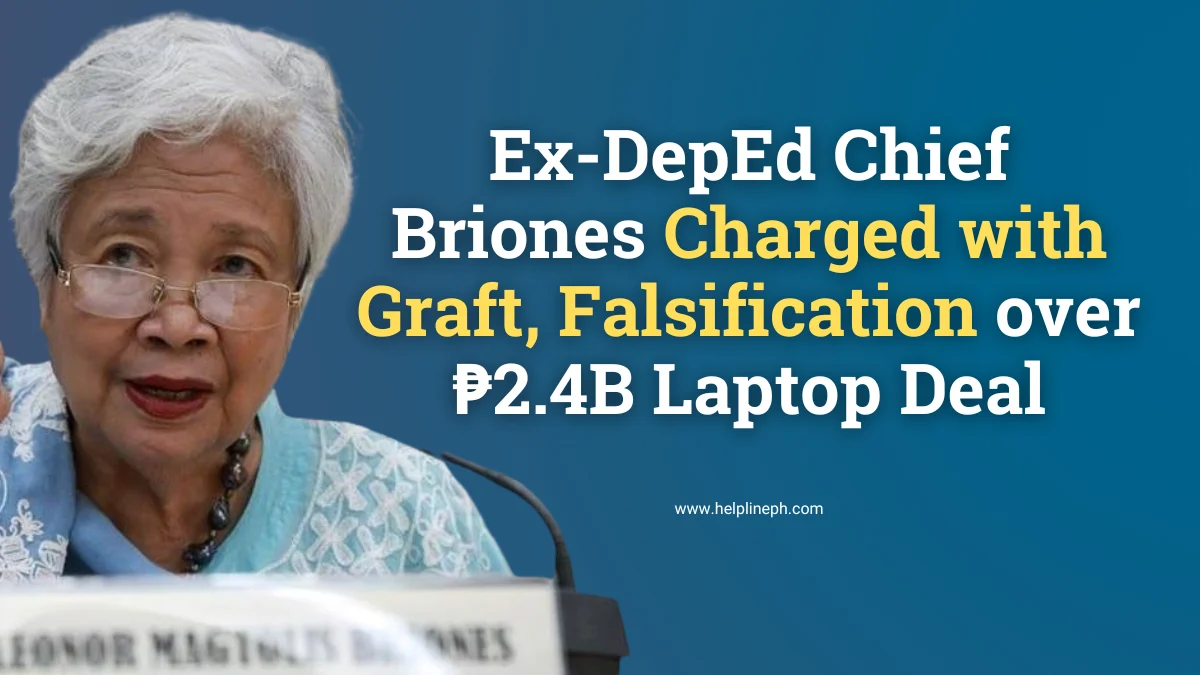TESDA Assessors and their Role during Assessment
TESDA is a government sector that is tasked to manage and supervise technical education and skills development in the Philippines. It is responsible in creating more knowledgeable and skillful students. To successfully create more expert graduates, TESDA sees to it that there are also competent trainers and assessors in each field of skill in every qualification to propagate and facilitate each student’s capabilities and strengths.
In TESDA, trainees (students are called trainees) are given excellent trainers that are expert in their field. Hand-in-hand with the trainers are the seasoned assessors who are to judge/evaluate the progress of each trainee after the training. Assessors are vital in the life of TESDA trainees because they will be the one to gauge whether an assesse (term used for trainees during assessment) is “competent or not yet competent” in a certain qualification. In DepEd, the teachers handling the qualifications serve as the trainer/assessor and are tasked to do their duty like what TESDA trainers and assessors do.
I have mentioned above some of the details about what an assessor is all about. This is really important especially nowadays that all K-12 graduates are required to take the National Certificate (NC II, III or IV) in different qualifications. I will only talk about the “assessors” because most of today’s senior high students are already trained by their competent teachers inside the four walls of a classroom and others, are even pre-assessed by their teachers in school before they indulge in the real-life assessment in different training centers.
If you are reading this article right now, then I guess you truly have some questions in your mind regarding the roles of an assessor when it comes to evaluation before and after the assessment. Below are the lists of the major functions of your assessors so that you need to understand clearly.
BEFORE THE ASSESSMENT
- Check the attendance of the assesse scheduled for that period;
- Give clear instructions as to what will happen during and after the assessment;
- Show the assesse the different laboratory they can use;
- Make sure that the assesse are comfortable in their assessment area;
- See to it that the assesse fill-out all the necessary forms;
DURING THE ASSESSMENT
- Keep a keen eye on every assesse to make sure they all perform individually;
- Take note on every assesse’s mishaps for correction later;
AFTER THE ASSESSMENT
- Check the output of all asessee;
- Call the assesse one by one for an interview (this is to correct the assesse if there are mistakes) to make sure if the assesse can answer it or explain it properly;
- Announce to every assesse if he/she is “competent” or “not yet competent”;
- Sign and give to the assesse the Competency Assessment Result (CARS) that will serve as the ticket to claim the National Certificate (NC) of the passers;
TESDA assessors usually earn huge but parallel to this privilege is the hectic, demanding time schedule. Being an assessor is not as easy as you think. Assessors should be stern and should judge an assesse properly. There is no room for biases in an assessor’s job description. You should see to it that you treat every assesse fairly and evaluate them justly. If you live to be a TESDA assessor, then it means you are the best because you cannot be an assessor if don’t have at least three (3) years of experience from the industry. – Clea | Helpline PH





